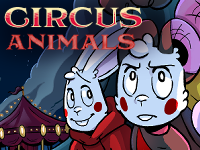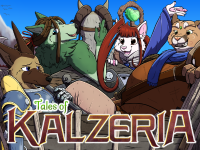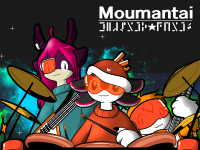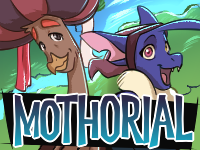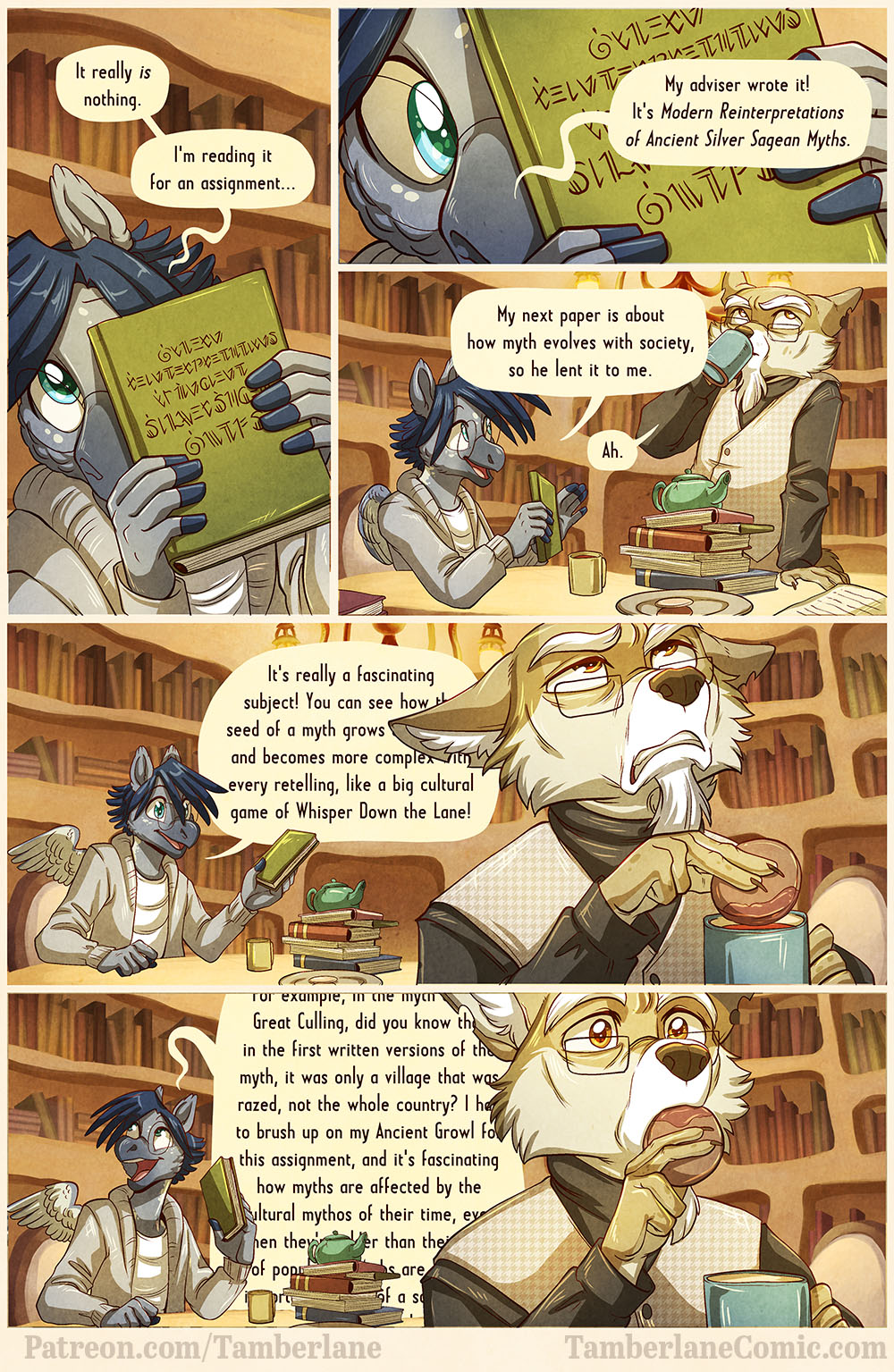
Enjoying the Comic? Show Your Support!
Copied URL!
Page 245
Posted on
December 30, 2020
Chapter: Chapter 4
Flatted by: Elle Pierre
Tamberlane is Currently Sponsored By...
Aaron Nauert, Aelius, Alexander D'Archangel, Anguis, Argeddion, B1 Battle Droid, Bheckadee, Bill Marcum, Blazeofspikes, Bruce Corpuz, Bullhead, CalTheUntitled, Chartry, Chris, Chris wolfe, Chuckles, Cilestin, Crimson Nova, Dana Simpson, Daphne Pfister, David Rusk, Demoriel, Dokterkokter69, DontStopMeow, Dr. PHDangit, Draagonslayer19, Draco Cordraconis, Emily Yates, FanimationMik, Fingers, ForumFox, Fovx, Fruitso, Fruxalga, Frédéric Legaré, Gavyn Lumier, Glassan, godbride, Gryphon, Holograph, Hugi R, Ido Shalev, Inventor, Jenna Abel Bradford, Jesus, K9Elements, Kagetsume, KennoWP, l AuroraWolf I, Lester D. Crawford, LonelyFalcon, Louk.V, Maciej Korzeniowski, MADDDOGGKILLA416, Manuel Hahn, Martyn, metalmattress4, michael, Micheal R Felton, mwi, n.e.c., Naomi 'Note Worthy' Slover, NatCounter, Nick, Nightshade89, null_void, Patrick Kingsley, patroclus, Paul Steffens, PBar, Red the Endless Dreamer, Riccardo Broccoletti, Rick Griffin, Sammy Naylor, Sarah, SattaiLanfear, Sebastian, Shadoian DraconicFox, ShuSquirrel, SilverHeart, Skandranon, smo1704, Sneb23, SourMonkey, Sticklordy, SurlyVulpine, Temrin, The Lonely Sand Person, The Masked Retriever, Tim Latshaw, Turo, Vaughn L.Porter, Violet Rose in The Dark, wes9511, Wilford B. Wolf, wjd1206, Wolfram Jung, XsSaLty Galaxy Doge, Yvonne Rivers, Zorua705
Next Update Progress
-
Page 461: Script First Draft
- Status: Not Yet Posted
-
Page 462: Script First Draft
- Status: Not Yet Posted
-
Page 463: Script First Draft
- Status: Not Yet Posted
-
Page 464: Script First Draft
- Status: Not Yet Posted
Estimated Public Release:
TBD
Latest Patreon Posts
-
Some New Sticker Designs! ✨
- 🔒 Cuppa Tea, 01/17/2026 More Victorian Critters for Patrons
- Public, 01/01/2026 Pages 458-460
- Public, 12/24/2025
Current Status
I THINK the script is finally into its final stages! We have friends looking it over for us, and then I can FINALLY begin preproduction!
Posted 4 days ago ★ Read all statuses
Author's Notes:
Pop goes the Yote Brain!
I hope you guys enjoyed the little bit of guest art! I had a good birthday week that allowed me to take it slightly easy but still catch up on lots of work that needed doing!
I hope you all had a wonderful Christmas this year!
Transcript
MILO: It really is nothing.
MILO: I'm reading it for an assignment...
MILO: My adviser wrote it! It's Modern Reinterpretations of Ancient Silver Sagean Myths.
MILO: My next paper is about how myth evolves with society, so he lent it to me.
OAKEWOOD: Ah.
MILO: It's really a facinating subject! You can see how th [illegible] seed of a myth grows [illegible] and becomes more complex with every retelling, like a big cultural game of Whisper Down the Lane!
MILO: For example, in the myth [illegible] Great Culling, did you know th[illegible] in the first written versions of th[illegible] myth, it was only a village that was razed, not the whole country? I h[illegible] to brush up on Ancient Growl fo[illegible] this assignment, and it's fascinating how myths are affected by the cultural mythos of their time, ev[illegible]en they'[illegible]er than the[illegible] of po[illegible]s are [illegible] of a s[illegible]
[OUTDATED]
MILO: Es ist wirklich nichts.
MILO: Ich lese es für eine Aufgabe...
MILO: Mein Betreuer hat es geschrieben! Es heist Moderne Reinterpretationen antiker Mythen aus Silver Sage
MILO: In meiner nächsten Arbeit geht es darum, wie Mythen sich mit der Gesellschaft entwickeln, deswegen hat er es mir ausgeliehen.
OAKEWOOD: Ah.
MILO: Es ist ein wirklich faszinierendes Thema! Man kann sehen, wie der Keim eines Mythoses heranwächst und mit jeder Neuerzählung zunehmend komplexer wird, wie ein großes kulturelles Stille-Post-Spiel!
MILO: Zum Beispiel, in dem Mythos über die große Schlachtung, wusstest du, dass es in den ersten niedergeschriebenen Versionen davon nur ein Dorf niedergebrannt wurde, nicht ein ganzes Land? Ich musste mein Antikes Growl für diese Aufgabe auffrischen, und es ist faszinierend, wie Mythen durch den kulturellen Mythos ihrer Zeit beeinflusst wurden, selbst dann, wenn sie weitaus älter sind als ihre [Unleserlich]
MILO : Ce n'est vraiment rien.
MILO : Je le lis pour un devoir...
MILO : C'est mon conseiller qui l'a écrit ! Il s'agit de Réinterprétations modernes des Anciens Mythes Silver Sagéens.
MILO : Mon prochain article porte sur la façon dont le mythe évolue avec la société, alors il me l'a prêté.
OAKEWOOD : Ah.
MILO : C'est vraiment un sujet passionnant ! On peut voir comment la graine [illisible] d'un mythe grandit [illisible] et devient plus complexe à chaque récit, comme un grand jeu culturel de Bouche à Oreille !
MILO : Par exemple, dans le mythe [illisible] Grand Abattage, saviez-vous que [illisible] dans les premières versions écrites du mythe[illisible], c'était seulement un village qui était rasé, pas tout le pays ? J'ai[illisible] de réviser le Growl Ancien pour[illisible] cette mission, et c'est fascinant de voir à quel point les légendes sont affectées par les mythes culturels de leur époque, même s'ils sont [illisibles] plus que le[illisible] de les po[illisible]s sont [illisible]s d'un s[illisible]
MILO: Realmente não é nada.
MILO: Eu estou lendo para uma tarefa...
MILO: Meu conselheiro que escreveu! É Reinterpretações Modernas de Mitos Antigos de Silver Sage.
MILO: Meu próximo trabalho é sobre como o mito evolui com a sociedade, então ele emprestou pra mim.
OAKEWOOD: Ah.
MILO: É realmente um assunto fascinante! Você pode ver como [ilegível] semente de um mito cresce [ilegível] e se torna mais comple[ilegível] toda vez que é contado, como um grande jogo cultural de telefone sem fio!*
MILO: Por exemplo, no mito [ilegível] Grande Abate, você sabia q[ilegível] nas primeiras versões escritas d[ilegível] mito, era só uma vila que foi arrasada, não o país inteiro? Eu t[ilegível] que dar uma estudada no meu Rosnar Antigo[ilegível] essa tarefa, e é fascinante como mitos são afetados pelo [ilegível]ythos cultural de seu tempo, me[ilegível]do eles[ilegível]or que o[ilegível] de po[ilegível]s são [ilegível] de uma s[ilegível]
(NOTA DO TRADUTOR: Canônicamente eles não tem telefones mas eu não sei como traduzir isso sem perder o sentido original :P)
МАЙЛО: Насправді нічого.
МАЙЛО: Я читаю це для завдання...
МАЙЛО Це написав мій радник! Це Сучасні переосмислення стародавніх міфів Срібного Сагея.
МАЙЛО: Моя наступна стаття про те, як міф розвивається разом із суспільством, тому він позичив її мені.
ОКВУД: Ага.
МАЙЛО: Це справді захоплююча тема! Ви бачите, як [нерозбірливо] насіння міфу росте [нерозбірливо] і стає складнішим із кожним переказом, як велика культурна гра Шепіт внизу перевулка!
МАЙЛО: Наприклад, у міфі [нерозбірливо] Велике винищення, чи знаєте ви, що [нерозбірливо] у перших письмових версіях цього [нерозбірливо] міфу було знищено лише село, а не всю країну? Я [нерозбірливо] оновлюю Древню Гровл для [нерозбірливо] цього завдання, і це захоплююче, як на міфи впливають культурні міфи свого часу, навіть [нерозбірливо] вони [нерозбірливо] більше, ніж [нерозбірливо] po [нерозбірливо] є [нерозбірливо] з [нерозбірливо]
MILO: זה באמת שום דבר.
MILO: אני קורא את זה בשביל המטלה שלי...
MILO: היועץ שלי כתב את זה! זה פרשנויות חדשניות על המיתוסים העתיקים של סילבר סייג׳.
MILO: המאמר הבא שלי הוא על כיצד מיתוסים מתפתחים בחברה, אז הוא השאיל לי אותו.
OAKEWOOD: אה.
MILO: זה באמת נושא פשוט מרתק! אפשר לראות איך [לא קריא] הגרעין של המיתוסים גדל [לא קריא] והופך להיות מורכב יותר כשמספרים אותו שוב ושוב, כמו משחק תרבותי גדול של של טלפון שבור!
MILO: לדוגמה, במיתוס [לא קריא] ההריגה הגדולה, האם ידעת ש[לא קריא] בגרסאות הראשונות של ה[לא קריא] מיתוס, זה היה רק כפר שהוחרב עד היסוד, ולא המדינה כולה? הייתי צ[לא קריא] לעבוד קצת על הנהמה העתיקה שלי בש[לא קריא] המטלה הזאת, וזה מדהים איך המיתוסים מושפעים מהמיתוסים התרבותיים של זמנם, אפ[לא קריא]כשהם [לא קריא]יותר מן ה[לא קריא]ים של האוכלוסיה[לא קריא]הם [לא קריא] של איזה ח[לא קריא]
Pick a language:

